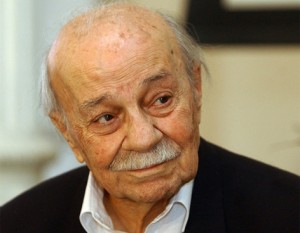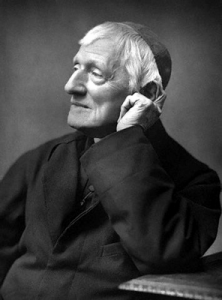Lorsque j’ai commencé ce blogue, très vite m’est venue l’idée d’écrire sur la liturgie. Non pas pour revendiquer un statut de spécialiste, mais pour partager mon expérience au sujet de ce qui représente le coeur de la vie d’un chrétien. Il y avait donc deux routes qui devaient se fondre : Il fallait raconter la messe (et ses bienfaits), et ensuite confier le cheminement qui l’avait révélée.
Partie 1 : Quelle messe pour quelle Église ? – Devant l’église
 Durant l’année 1987, je crus que mon heure était arrivée. Ma vie s’effondrait. La vie ne s’effondre jamais, je mettrai quelques années à le comprendre ; ou elle s’arrête, ou elle se transforme. Ma vie se transformait donc, violemment, intensément, elle me proposait l’enantiodromos comme disent les Grecs. L’enantiodromos est cette route qui se fend, qui se sépare, qui devient deux, et nous place face au choix. L’enantiodromos m’a permis de comprendre ce qu’était la liberté. C’était une situation inédite, j’allais m’en rendre compte. Ce croisement où la vie prend une tournure tout à fait inattendue marque le passage de l’enfance à l’âge adulte. Ce moment n’a pas d’âge. Je veux dire que l’on peut le vivre à tout âge. Ce qu’il ne faut pas c’est ne pas le vivre. Ne pas comprendre ce qui différencie la liberté vécue pendant l’enfance de la liberté choisie à l’âge adulte. Parce que le choix fait, nous devenons un autre ; l’expérience nous révèle et donne un cadre et des fondations à la personnalité.
Durant l’année 1987, je crus que mon heure était arrivée. Ma vie s’effondrait. La vie ne s’effondre jamais, je mettrai quelques années à le comprendre ; ou elle s’arrête, ou elle se transforme. Ma vie se transformait donc, violemment, intensément, elle me proposait l’enantiodromos comme disent les Grecs. L’enantiodromos est cette route qui se fend, qui se sépare, qui devient deux, et nous place face au choix. L’enantiodromos m’a permis de comprendre ce qu’était la liberté. C’était une situation inédite, j’allais m’en rendre compte. Ce croisement où la vie prend une tournure tout à fait inattendue marque le passage de l’enfance à l’âge adulte. Ce moment n’a pas d’âge. Je veux dire que l’on peut le vivre à tout âge. Ce qu’il ne faut pas c’est ne pas le vivre. Ne pas comprendre ce qui différencie la liberté vécue pendant l’enfance de la liberté choisie à l’âge adulte. Parce que le choix fait, nous devenons un autre ; l’expérience nous révèle et donne un cadre et des fondations à la personnalité.




